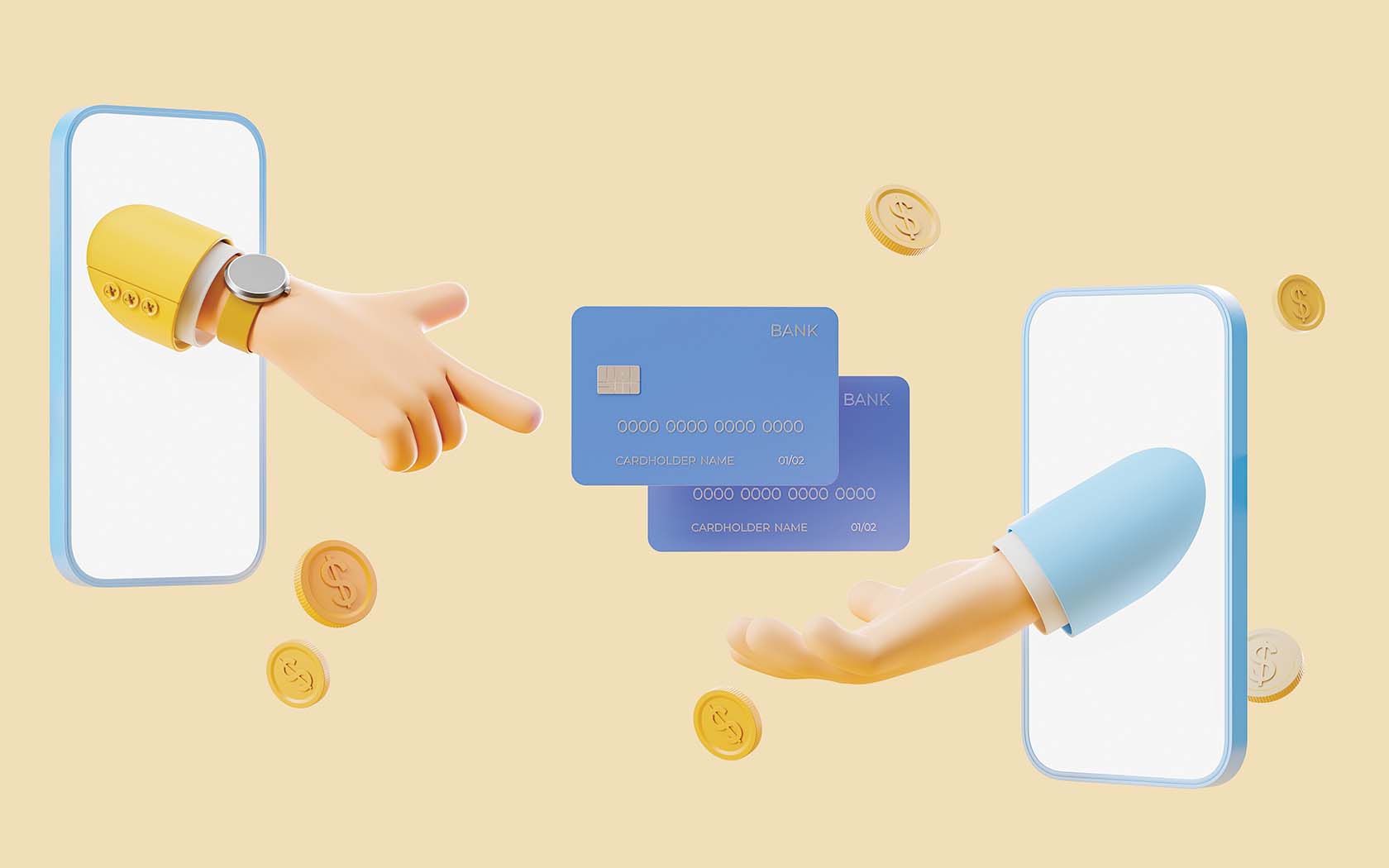Convenience is a growing desire from consumers everywhere. Across the world, people are using super apps to send messages, purchase tickets and, of course, bank online. What are they, and how can community banks stay on top of this trend?
Super apps: The rise of an all-in-one platform
December 01, 2022 / By Colleen Morrison
Convenience is a growing desire from consumers everywhere. Across the world, people are using super apps to send messages, purchase tickets and, of course, bank online. What are they, and how can community banks stay on top of this trend?
Super apps, or apps that aggregate online or mobile user experiences into one central location, have taken off globally. WeChat, a Chinese mobile messaging app that offers voice, text and group messaging; payments; games and more, boasts 1.29 billion users. India’s Paytm—advertised as a payments app that also allows consumers and merchants to pay bills, book flights and movie tickets, open a savings account, invest in stocks and mutual funds, acquire loans and beyond—reports 300 million users.
And now the trend is gaining traction in the U.S. According to a recent PYMNTS report, 72% of consumers have indicated their interest in a super app offering.
These aggregators have piqued consumer interest and grown exponentially around the globe precisely because they provide what users want: convenience. When asked about the benefits of a super app, 66% of consumers noted convenience as a top advantage, with another 54% emphasizing the apps’ ability to coordinate disparate topical areas, says the PYMNTS report.
But with these benefits come newfound threats, chiefly in the form of data privacy and security. While nearly 40% of consumers also have concerns about the amount of data they might have to share with a super app, overall, they feel the benefits outweigh those concerns: 70% of those who are highly interested in using a super app indicate that the advantages are worth the risk of revealing personal data.
“Keep your priorities in your app focused on banking. People will still come to your app when they know that they’re dealing directly with you for banking needs.”
— Jordan Hirschfield, Mercator Advisory Group
Community bank considerations
So, what does this intersection of regulation and technology competition mean for community banks? For starters, they will need to institute a strategy for managing the emergence of super apps. From head-to-head competition to embedded finance, how community banks respond should align with their individual business strategies.
“Keep it straight and to the point in your banking app,” advises Jordan Hirschfield, director, prepaid advisory services at Mercator Advisory Group. “Partner so you can have access to an Apple Wallet, a Google Wallet, PayPal, Amazon, whatever it may be, and then keep your priorities in your app focused on banking. People will still come to your app when they know that they’re dealing directly with you for banking needs.”
In addition, community banks need to evaluate their partnerships with fintechs and other third parties. When customer data is shared, those integrations must be met with an elevated level of scrutiny and a thorough understanding of data protections.
“Partnering with fintechs and new entrants can offer useful means to bring new products to market, but community banks should recognize that these new technologies may introduce new risks to consumers,” says a CFPB spokesperson. “It is important that community banks understand how consumer data may be captured through app usage, and that they provide as much insight and transparency as possible to their customers around the potential instances where data may or may not be captured.”
Despite this new form of competition and the responsibilities it introduces, community banks may have an opportunity to emphasize the unique services they provide. Super apps create an environment for community banks to emphasize where they excel: in safety, security and banking relationships. Consumers already trust their banks more than tech giants, and that trust will offer a key differentiator during the rise of the super app.
In addition, the ability for consumers to connect with someone they know still takes top billing: 42% of consumers between the ages of 21 and 55 say they would leave their bank if it eliminated account manager support. In short, the personal relationship matters.
“The key word is relationship—that is the secret sauce of the community bank,” says Hirschfield. “For a community bank, it’s showing that the digital world is just a segment of the value that they can produce.”
The CFPB gets involved
This convenience-first attitude among consumers has triggered concern from the Consumer Financial Protection Bureau (CFPB), causing it to release a report, “The Convergence of Payments and Commerce: Implications for Consumers,” in August. With a partial focus on super apps, the report paints a picture of how such technology is unfolding in the U.S. and its impact on data security. In addition, in a statement, the CFPB emphasized the actions it is taking to “work across the payments ecosystem to assess the extent to which a consumer’s information might be used for purposes the consumer did not intend or understand.”
“We have issued market monitoring orders to assess the business practices of large technology companies operating payment services in the United States,” says a CFPB spokesperson. “We will provide reports on the information obtained in response to these orders on an ongoing basis based on the data collected. The CFPB remains concerned about instances where these apps may create more opportunities for companies to aggregate and monetize data without consumer knowledge.”
Subscribe now
Sign up for the Independent Banker newsletter to receive twice-monthly emails about new issues and must-read content you might have missed.
Sponsored Content
Featured Webinars
Join ICBA Community
Interested in discussing this and other topics? Network with and learn from your peers with the app designed for community bankers.
Subscribe Today
Sign up for Independent Banker eNews to receive twice-monthly emails that alert you when a new issue drops and highlight must-read content you might have missed.
News Watch Today

Join the Conversation with ICBA Community
ICBA Community is an online platform led by community bankers to foster connections, collaborations, and discussions on industry news, best practices, and regulations, while promoting networking, mentorship, and member feedback to guide future initiatives.












